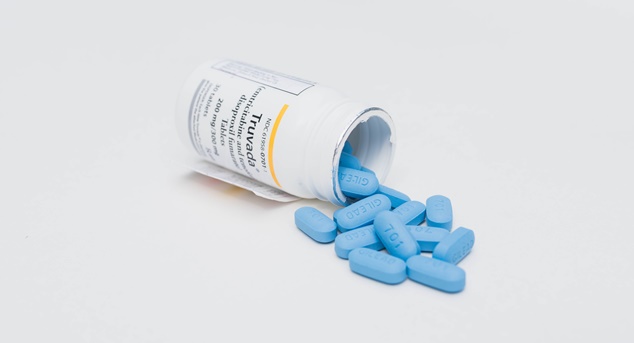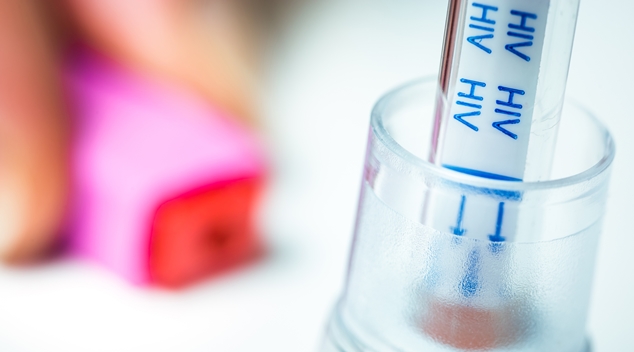Users of PrEP treatment, the daily pill that protects people from contracting HIV, are being urged to consider alternative strategies as a shortage of the medication looms.
The Therapeutic Goods Administration (TGA) this week announced there would be shortages of tenofovir/emtricitabine combination tablets with some brands having ‘limited availability’ and others being ‘unavailable’.
While some brands are expected to be back in stock by the end of the months, others may not be available until March 2025.

Nicole Higgins, the President of the Royal Australian College of General Practitioners, said it was important that doctors worked with their clients to develop a suitable approach.
“We need to make sure that everyone who needs PrEP has access to it and has adequate supply,” she saiud in a news article on the organisation’s website.
“We also need to be able to council our patients on other ways to take PrEP and also on other HIV prevention methods.
“In an absolute emergency, there is post-exposure prophylaxis (PEP) available.” Higgins said.
The shortage of PrEP treatment is just one of a significant number of medications that have become hard to obtain in recent months.
Dr Higgins says this latest shortage is an addition to an increasingly worrying trend and has called on the Federal Government to investigate further.
“Medication shortages, such as PrEP, are at best an inconvenience, but at worst can be life threatening,’ she said.
“This is part of a global supply shortage, and Australia is a small market in the scheme of things.
“But if this continues, the Australian Government needs to make a choice about ensuring that we have adequate stockpiles of essential medications on soil, or the capacity to be able to manufacture essential drugs.”

News of the medication’s shortage comes as the Kirby Institute released the latest figures on new cases of HIV being detected in Australia.
While the level of new transmissions increased over the last year, the downwards turn encountered over the last decade has shown that PrEP treatment has a significant effect on tackling HIV.
People taking the medication are being urged to discuss with their health professional alternative strategies including chasing their dosing plan to match their sexual activity, using other safe sex strategies including condoms, and in an emergency accessing PEP treatment.
PEP (Post-Exposure Prophylaxis) is a month-long course of drugs to help prevent HIV infection that is taken after a possible exposure to HIV.
The sooner someone starts PEP the better. It is most effective when started within 24 hours, but it must be started within 72 hours after a possible exposure to HIV.
More information about accessing PEP in Western Australia.
PrEP Access Now have also published some advice for people who are having trouble refilling their prescriptions.





